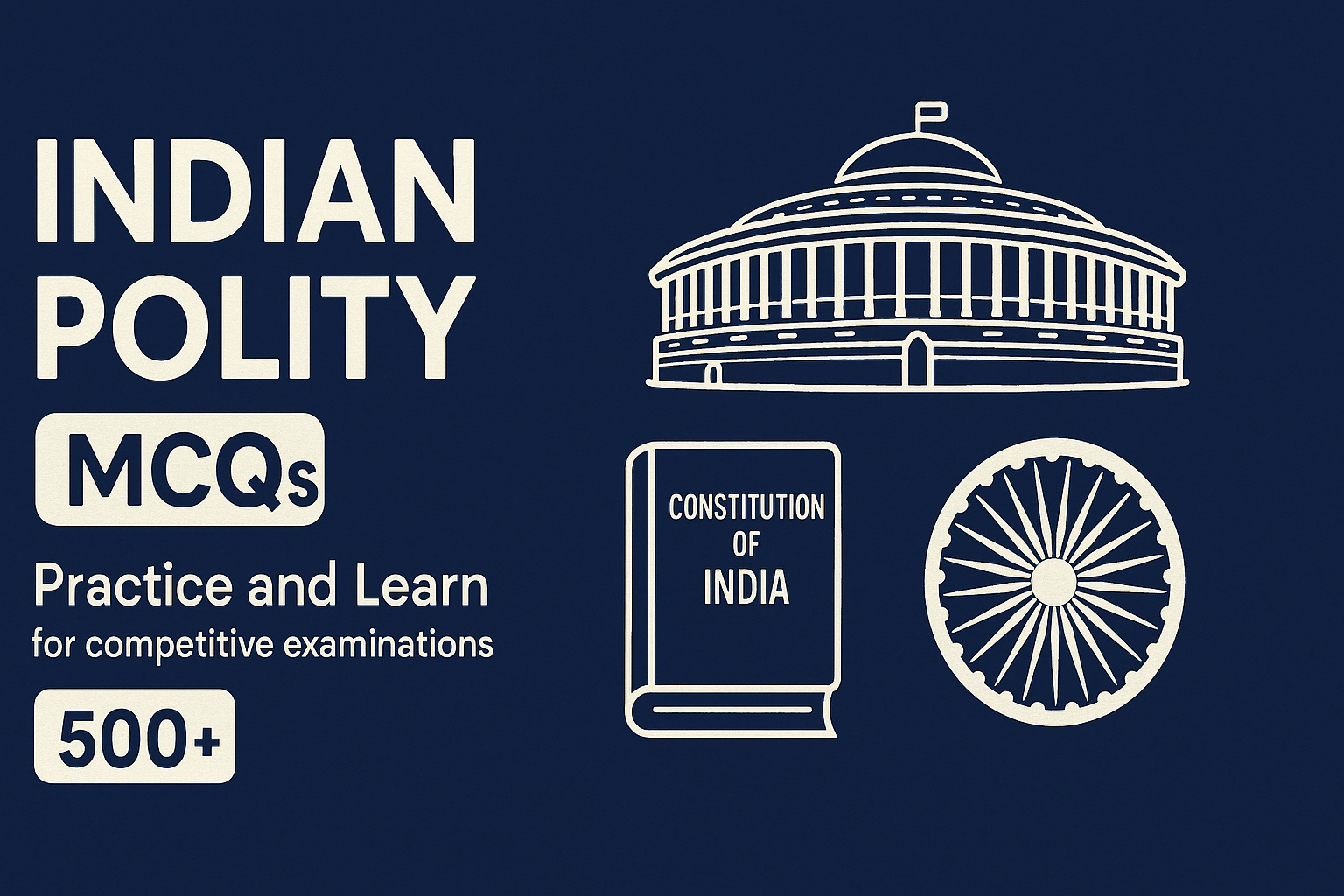
MCQ on Constitution of India and Indian Polity
Choose the correct option:
Which of the following are included in the original jurisdiction of the Supreme Court?
Which among the following was not a recommendation of the Balwant Rai Mehta Committee?
Chairman of TPSC is appointed by the Governor of Tripura using power conferred under which Article of the Constitution of India?
With reference to Article 317 (Removal and Suspension of a member of a Public Service Commission), which statement is not correct?
Which of the following is the National emblem of India ?
Which of the following is not a correct option about the Governor's power to make Ordinance?
Which of the following is a necessary condition for the issue of a writ of quo warranto?
Which of the following Fundamental Rights are available only to the citizens of India?
(i) Right to equal opportunity in the matter of public employment
(ii) Equality before law
(iii) Right to freedom of religion
(iv) Right to freedom under Article 19
Select the correct answer using the codes given below.
Which of the following statements is/are not correct about the creation of new States by the Parliament under the Article 3 of the Indian Constitution?
(i) The President of India is required to refer such a Bill to the affected State/States in
order to know its/their view.
(ii) The President is bound to accept the opinion/view of the affected State/States in making recommendations to the Parliament.
(iii) The Parliament cannot introduce a Bill to this effect without the prior recommendations of
the President.
Select the correct answer using the codes given below.
